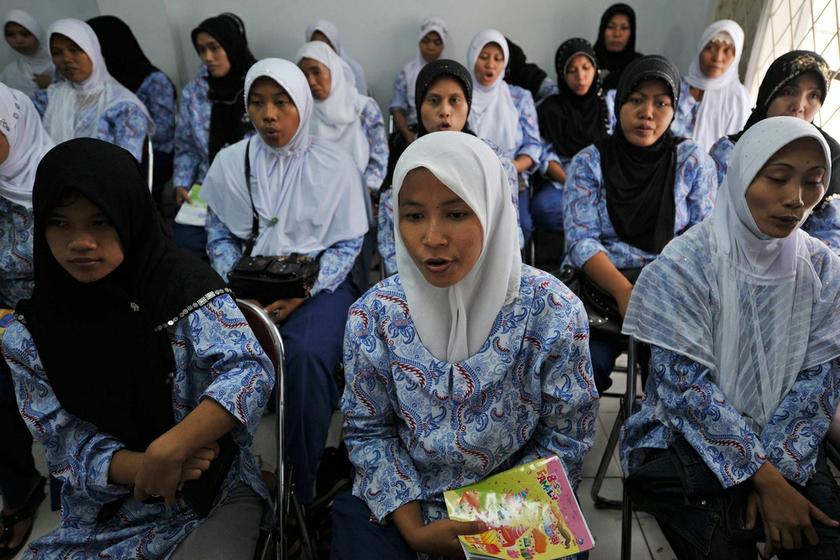KUALA LUMPUR, Dec 25 — Fuming over Malaysia’s snub of a draft to protect Cambodia’s overseas workers, labour activists in the Indochinese nation have urged its government to rethink sending its people here for employment.
The Cambodia Daily reported talks between the two Southeast Asian nation stalled after Putrajaya rejected 90 per cent of proposed provisions to uphold the basic rights of Cambodian workers in Malaysia, including the right to keep their own passports as well as having access to three meals daily.
“They can’t give three meals per day? They can’t give a minimum wage? They can’t even allow a person to hold on to their own passport?
“If they can’t even guarantee our people their basic human rights, why should we send our people to Malaysia to suffer?” Morn Nhim, the president of Cambodia’s independent federation of national textile union, was quoted saying.
According to The Cambodia Daily, Putrajaya also rejected Phnom Penh’s requests that its domestic workers be able to view and sign their employment contract before leaving Cambodia, as well as to accrue their annual leave.
In the report, Malaysia was also said to have rejected a drafted clause for employers to “respect the basic human rights of the DW [domestic worker]”.
An official with the United Nations Women, who had led a workshop in the Cambodian capital to discuss the draft of the Memorandum of Understanding (MoU) that was to be inked between Malaysia and Cambodia, reportedly said the Malaysian edits were “unacceptable”.
“It does raise the question: How do Malaysian employers view their Cambodian employees?” Jenna Holliday, the UN Women communications specialist, was quoted saying.
Phom Penh has been considering lifting a 2011 ban on allowing Cambodians to work in Malaysia again, in a bid to grow its own economy.
“The more [workers] we can send, the more money we can earn and the more money comes back to Cambodia,” Othsman Hassan, Cambodia’s secretary of state in the country’s Labour Ministry, reportedly said.
He added that sending 300,000 domestic workers to Malaysia would amount to US$1.5 billion (about RM4.94 billion) in remittances annually—a target he wanted to reach.
The United Nations, the International Labour Organisation and representatives from the Cambodian government and its country’s advocacy groups are set to meet again in late January 2014 for another round of talks on the draft document, the daily reported.
Despite high demand, Malaysia’s domestic helper industry, which used to rake in an annual turnover of RM300 million, has shrunk to nearly half its yearly value at RM160 million, according to data from the Malaysia National Association of Employment Agencies.
In October 2011, Cambodian Prime Minister Hun Sen had banned his countrymen from working as domestic helpers in Malaysia following reports of worker abuses by both Malaysian employers and Cambodian recruitment agencies.
About 30,000 Cambodian maids had arrived in Malaysia before the ban was imposed.
Earlier this year, a Cambodian fact-finding team on the treatment of domestic workers from the country found that there was a “lack of legal protection” for workers who had been abused.
A 12-page internal report, compiled following the team’s two-day mission to Malaysia in December last year, cited “insufficient commitment” from the Malaysian government in resolving the issue following the ban imposed by Cambodia on sending its domestic workers to Malaysia.
The damning report has put Malaysians urgently seeking domestic help in a deeper quandary.
In October this year, Malaysia’s Home Minister Datuk Seri Ahmad Zahid Hamidi said one thousand Cambodian women would be sent to Malaysia every month for employment as housemaids once the MoU is finalised and signed.
He had said Malaysia had looked to Cambodia after facing hitches in recruiting maids from Indonesia.



















